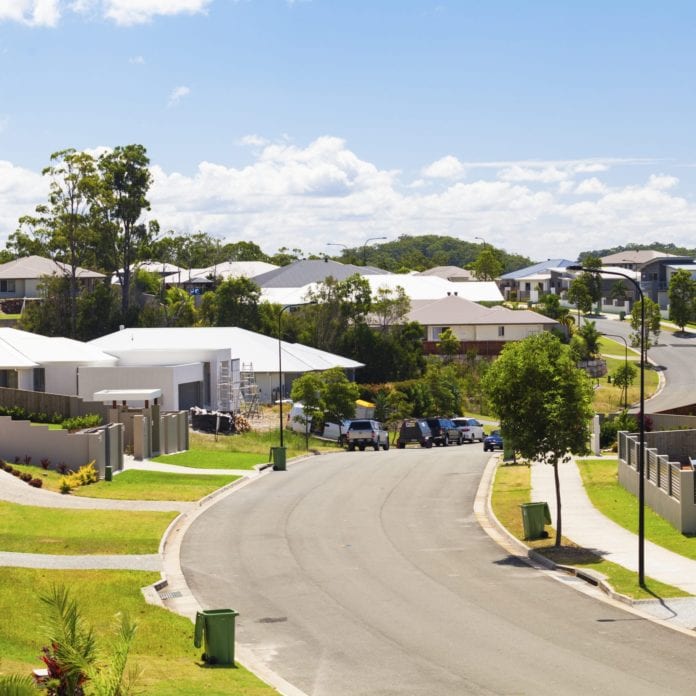Hub home provides fixed wireless to nearby residences
Regional carrier C Spire, which is headquartered in Ridgeland, Miss., provides a variety of cellular and broadband services businesses and residents around the largely rural state. As it expands a new fixed wireless access service, the provider is creating what it sees as a more user-friendly way to bill.
Prior to rolling out the new broadband service, Jared Baumann, C Spire senior manager of innovation and emerging products, said he sat down with colleagues and listed out the things customers dislike about ISPs. “We made a big list of those things and said, ‘Alright, we’re not going to do any of those things.’
In an interview with RCR Wireless News, Baumann said, “We wanted to really come in and reimagine the way an ISP should function. WE have really taken the Netflix approach with this. You put your card in and as long as you keep on paying for service, you get service.” He said subscribers can cancel at any time without penalty. “We just treat customers like they should be treated.” He likened it to using a hotel Wi-Fi service where the users pays by the day.
Craig Sparks, C Spire chief innovation officer, gave the example of someone who owns a vacation home that’s used seasonally. “They don’t even need to worry about it. When they come back, they can just turn it back on.”
The fixed wireless access service starts with running fiber to a “hub home.” From there rooftop equipment transmits signal at 5.8 GHz to nearby homes using a proprietary variant of IEEE’s 802.11 Wi-Fi standard. For $50 per month the company advertises 120 Mbps down and 50 Mbps up, although Baumann said users will often see higher speeds. The hub home gets free service.
“In our deployments we’re looking at clusters. Primarily how we’re choosing where we go is based off of where our fiber is,” Baumann said. “Also areas that have a pretty decent density of homes and.. we are looking for areas that don’t have a large number of trees,” to maintain line-of-sight between nodes.
C Spire also offers fiber-to-the-home connections in parts of its service areas, but Baumann described it as balancing the need for fiber with the market’s ability to afford it. “That’s the beauty of what we’re doing,” he said. “We’re able to drive a lot of cost out of some of these deployments. WE’re able to deploy in some areas where we wouldn’t financially be able to build fiber because the economics don’t work in an area. Fiber is messy to put in a neighborhood. We still love to do it and it’s important to us…but it’s not always right in every place. This gives us an extra tool to extend our fiber network from our backbone out into these neighborhoods.”

